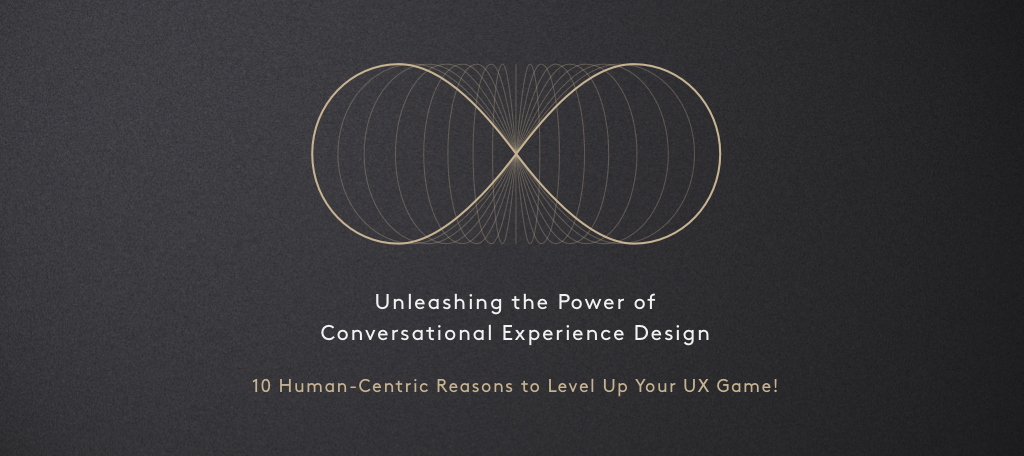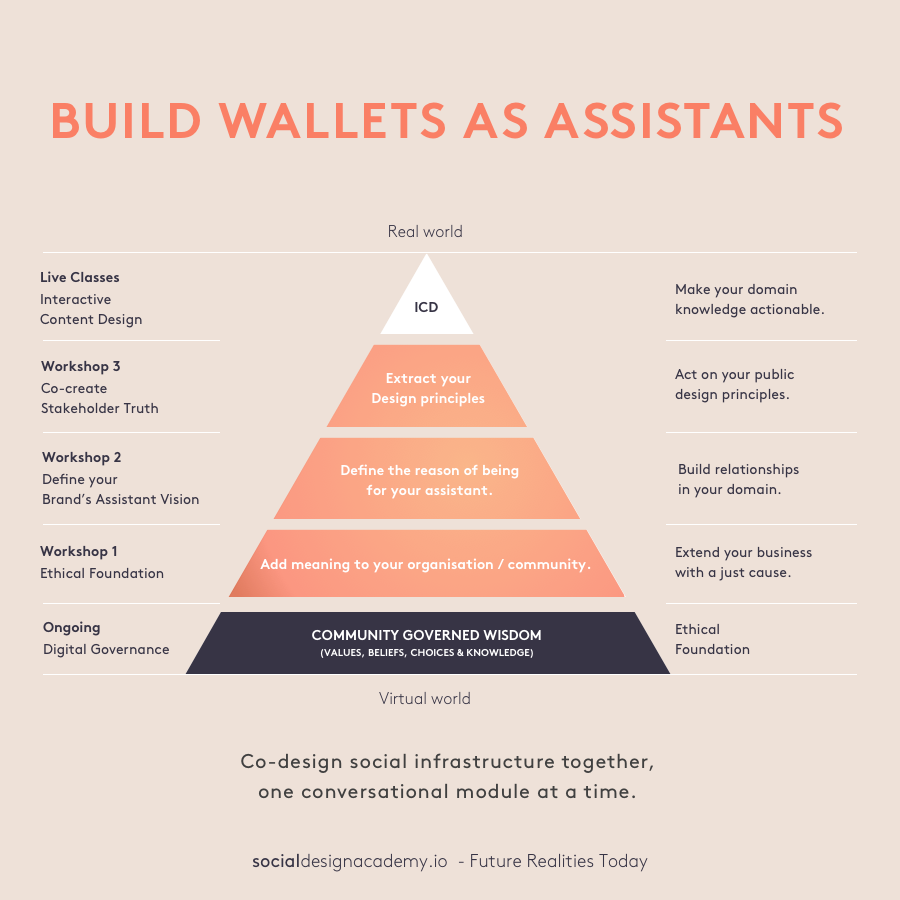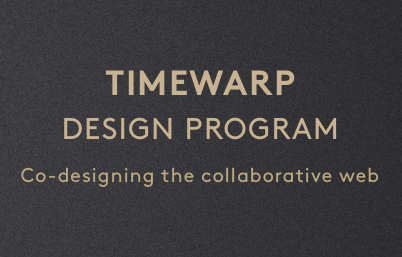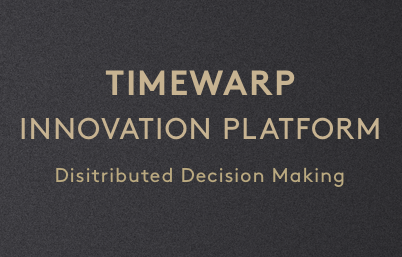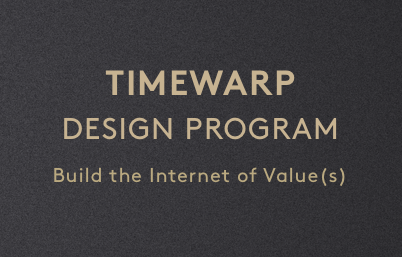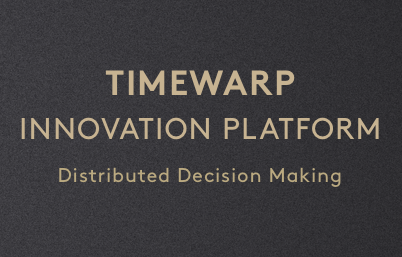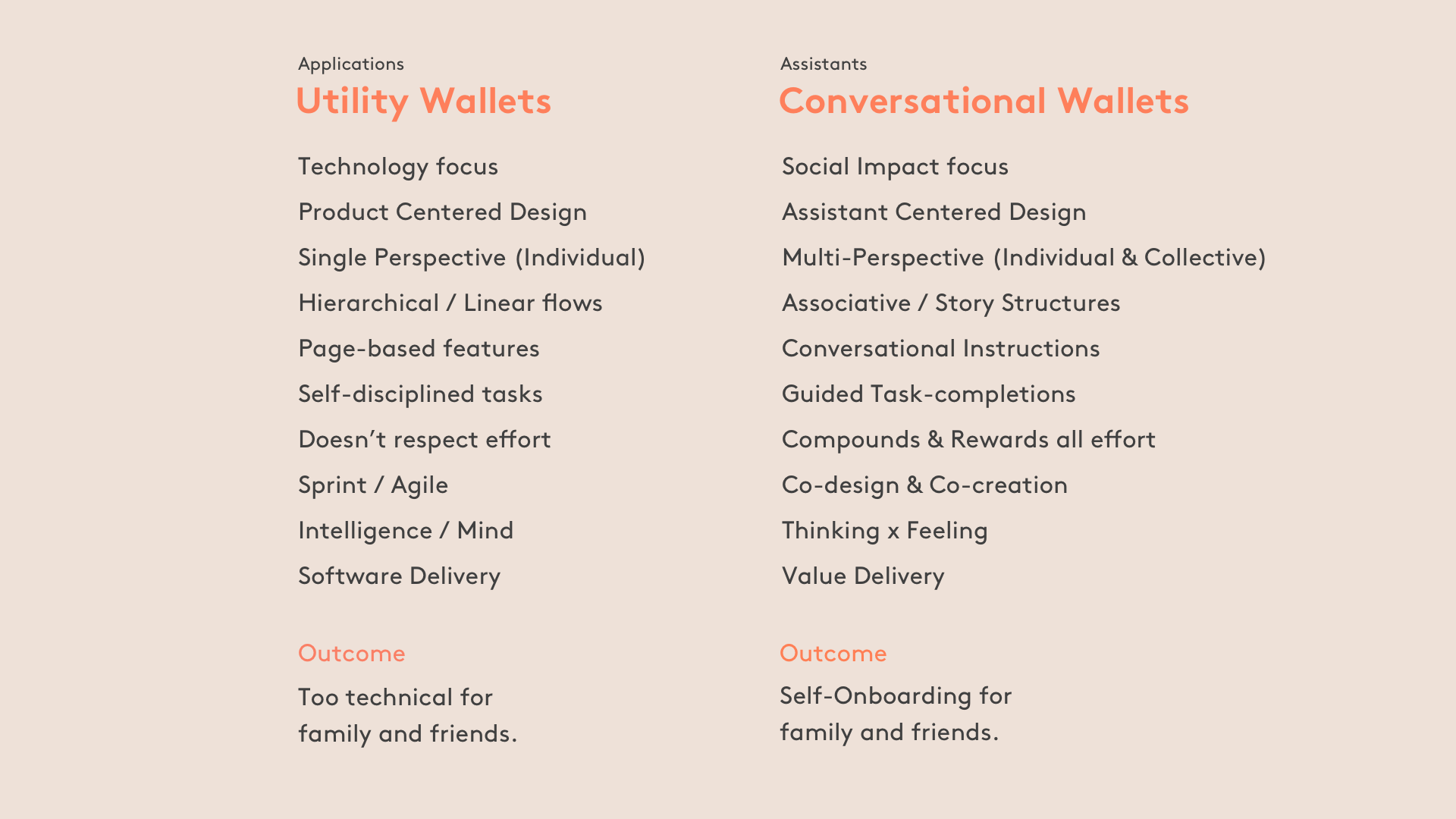Introduction
Blockchain is a new design paradigm that aims to make the world a better place by bringing ownership of cryptographic money to the people. Yet a lot of misinformation is being spread to make people fearful about cryptocurrency.
Mainstream often confuse blockchain and cryptocurrency, where cryptocurrency is a use-case of blockchain. Another confusing factor is centralized and de-centralized exchanges, of which the centralized exchanges give cryptocurrency a bad rap, which is often the result of human error instead of cryptocurrency in itself. And even for me, reading back that sentence, makes it bluntly obvious that we got to educate the mainstream in new ways.
We can’t blame people for this misunderstanding, because we do a really bad job at getting our meaningful stories across.
If we want people to mass-adopt cryptocurrencies we need to start educating people in a safe environment and level up our wallet design.
We need to rethink how we combine utility, education and hospitality into our wallet designs, so they become an onboarding powerhouse for family and friends. Bringing in the social factor, and getting invited by a real-life friend changes the game drastically, and results in a viral loop that should not be under-estimated.
Value blindspots are the real problem
Problem 1 – Wallet builders are so well informed about the value of the cryptocurrency they implement that they have a blind spot to teach people about specifics and the implications that come with being your own personal bank. Of which not your keys, not your crypto is probably the most important one, but I had a friend who proudly wrote down this public key, thinking that was the code to recover his wallet with. So we have a lot of in-wallet education to do.
Problem 2 – Teams often focus on unlocking the functionality the blockchain offers but forget to tell what the wallet is for and how it should be used. How to buy a specific cryptocurrency is often not explained at all, a real value-blindspot. We fail to see that we need to design onboarding paths, and not just focus on delivering transaction utilities.
Problem 3 – In page-based design it is much harder to design for multiple expert levels like novice and expert. It’s difficult and labour intensive to build a true personalised experiences. Changes in specs often result in total re-designs. The result, a feature heavy interfaces in which education about the specific cryptocurrency is often forgotten.
Problem 4 – Page-based design and linear – one session – interactions are getting old. We must learn to design for the waning attention span and the associative nature of people. Our wallets are not only for transactions, they will be used for voting, continuous grading, and digital governance in the future. It’s time to rethink our wallet interface design today so the functionalities and governance abilities of blockchains align with our future expectations.
Problem 5 – Another big issue is that it seems that most wallets are built for browsers, but these browser extensions don’t work on mobile. We should not design for big screens only, and aim for mass adoption by making our cryptocurrency wallets available for use in our (non 15minute) cities. Creating a device agnostic conversational interfaces is a blessing in disguise, as it removes technology complexity, and is AR/VR ready at the same time.
Problem 6 – We push educational aspects of cryptocurrencies in other channels, like training services, websites or youtube videos but that information can be faulty, incomplete or simply a scam.
Problem 7 – Our wallet don’t create a trust-worthy acces-point, current wallets provide linear interface on distributed ledger technology. We miss to bring experiences and engagement into our wallet design, probably due to the separation of technology, product, and marketing in our real world.
These seven issues are just the top of the iceberg, but block mass adoption for non-technical family and friends.
Lets build social activation into our wallets and create true viral loops.
Problems in summary
Current wallet software separates utility, education and hospitality, creating a barrier for people to enter and trust the crypto space, blocking a hidden potential for mass-adoption.
The solution? A new chat-like interface for cryptocurrency wallets, that makes information actionable.
We are in need for a new user-friendly onboarding system that drives adoption at scale.
Niels Kijf has done a lot of design research on how we can remediate our wallet interface design for mass-adoption. The short and technical answer is that we need to turn page-based blockchain design patterns and transform them into screen-first interactive conversations.
Introducing: Conversational Interaction Design
Niels has developed a new interaction design approach called Conversational Interaction Design. Which can be roughly translated into a dialog method for interactive decision making.
Instead of telling people what to do, a relic from our page-based design approach, we ask people what they know and what they want to learn and achieve. Assisting people in reaching new goals is part of this new design mindset.
This new design approach results in a new chat-like and visual micro-learning system that allows us to design for novice and expert users. Resulting in a novel design system for a new generation of Conversational Wallets.
Solution Summary
By using story-driven onboarding in our cryptocurrency wallets we combine utility, education and hospitality. Conversational wallets clear the road to mass-adoption, and create a scalable, user friendly and trustworthy access point for non-technical family and friends.
And yes, this infrastructure must be available for others too (wallet connect is not the solution for distributed decision making), making wallets the drivers for a conversational network in which people can build their own.
Design for mass-adoption and take action.
Is your team still designing linear wallet features in pages? Did you catch yourself on some other value-blindspots? (Siloing utility and education, focus on big screens only, or focus on enabling blockchain functionality only, ..) Not to worry. Niels is has a live-class to teach wallet teams how to change their design attitude from pages to interactive conversations.
Want to be kept in the loop about live-classes for your team? Sign up and join our Design Challenge Movement.
Let’s level up the UX in the blockchain space together, one team, one interactive conversation at a time.
Choose to change your wallet design approach for the better, and Sign up today
Like all writing on cryptocurrency and blockchain, this first write up, will evolve over time.
Consider joining the Social Design Academy Discord if you want to join these conversations to humanize our wallet/software design.

